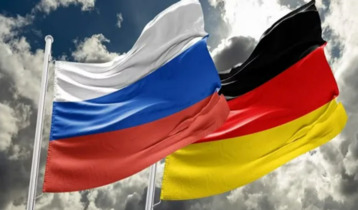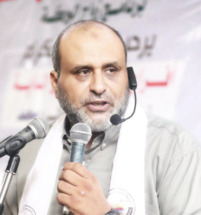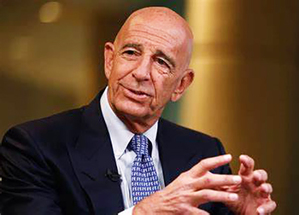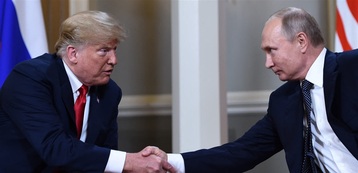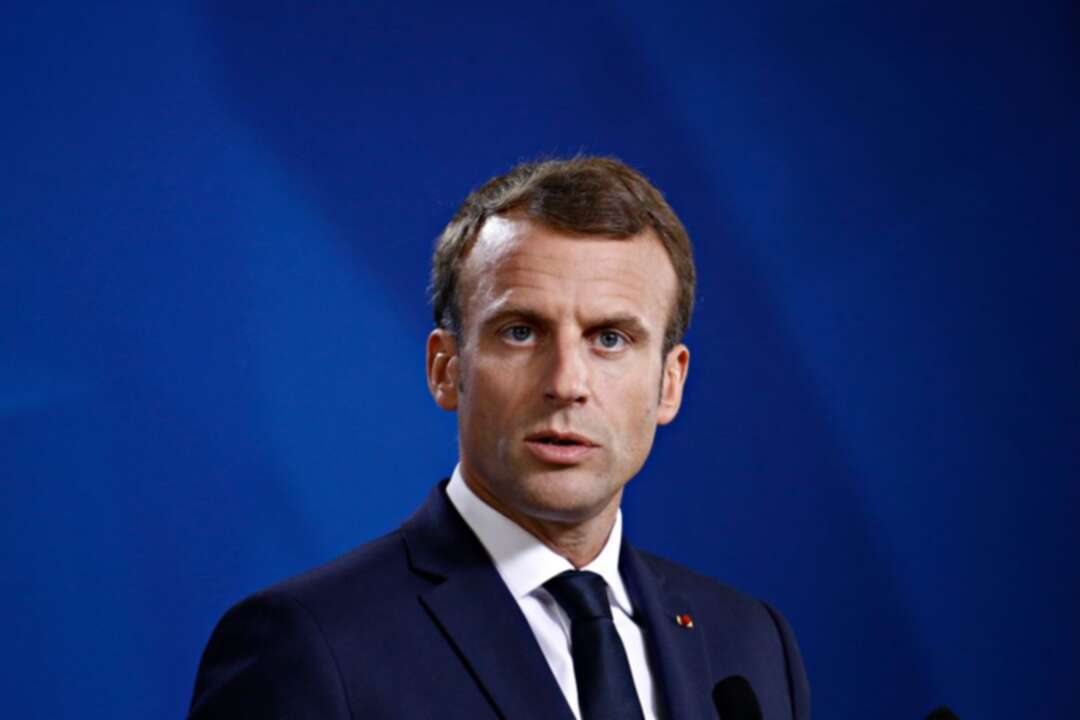-
The economy of Europe has arrived turning point but still in need of the support of the European Central Bank
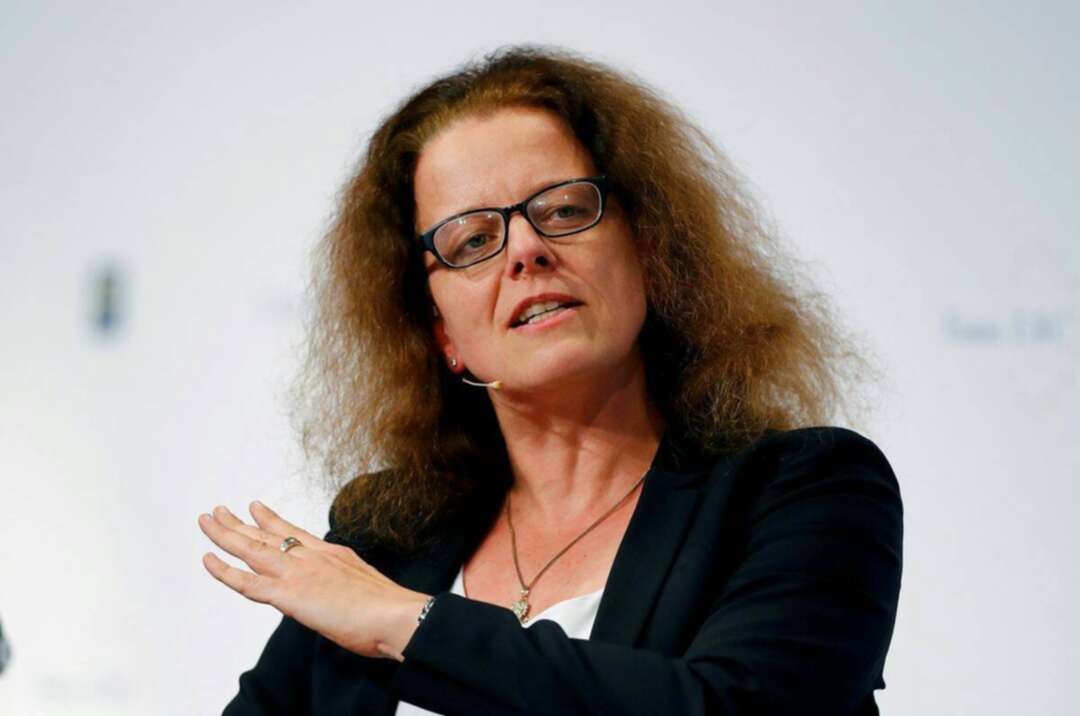
Isabel Schnabel, member of the German advisory board of economic experts attends the 29th Frankfurt European Banking Congress (EBC) at the Old Opera house in Frankfurt, Germany November 22, 2019. REUTERS/Ralph Orlowski
Frank Siebelt, Francesco Canepa, Balazs Koranyi
The euro zone economy has reached a turning point and the recent rise in borrowing costs reflects improved fundamentals, European Central Bank board member Isabel Schnabel told Reuters, playing down concerns that rising yields risk choking off growth.
Facing a persistent uptick in borrowing costs, the ECB must decide on the future pace of its emergency bond buys at a June 10 meeting and a growing chorus of policymakers is calling for a steady flow of stimulus, fearing that the recovery might otherwise falter.
Schnabel, the head of the ECB's market operations, took a benign view of the rise in nominal yields, however, arguing that it was expected and that financing conditions remain favourable, in line with the bank's December commitment.
"Rising yields are a natural development at a turning point in the recovery - investors become more optimistic, inflation expectations rise and, as a result, nominal yields go up," Schnabel told Reuters in an interview. "This is precisely what we would expect and what we want to see."
"Financing conditions remain favourable," she argued, noting that real or inflation-adjusted rates are broadly stable.
Now emerging from a double-dip recession, the euro zone economy is set to grow more than 4% this year as the giant services sector recovers from COVID-19 lockdowns, although it will take another year to grow back to its pre-crisis level.
Reflecting this rapid improvement, 10-year German bond yields , a benchmark for the 19-country currency bloc, hit a two-year high this month. They now trade at around minus 20 basis points, up around 45 basis points since the ECB's December meeting.
The yield rise, though not considered excessive, has come even while the ECB is buying around 100 billion euros of debt each month and investors fear that any sign of a retreat could fuel a broad selloff.
Playing down concerns over borrowing costs, Schnabel also pushed back against calls by conservative policymakers for a reduction in bond buys, arguing that the concept of 'tapering' or gradually winding down the 1.85 trillion euro Pandemic Emergency Purchase Programme is inconsistent with its aim.
"We always have to be willing to reduce or increase asset purchases in line with our promise to keep euro area financing conditions favourable," she said.
"The recovery still depends on continued policy support. A premature withdrawal of either fiscal or monetary support would be a great mistake," Schnabel added, noting that large parts of the economy were still in emergency mode.
FIREPOWER NOT A CONSTRAINT
The problem is that at the current pace, the ECB will exhaust its emergency bond purchase quota before the scheme's formal end next March, so either the quota needs to be increased or volumes must eventually drop.
But that is an issue for later, Schnabel said, arguing that the PEPP's remaining firepower is "quite large" and that the issue was not constraining decision-making.
With inflation set to remain below the ECB's target of almost 2% even after the emergency measures stop, more stimulus will be needed through other tools, like the ECB's older and more rigid Asset Purchase Programme, interest rates or liquidity operations.
"It's likely that when the PEPP ends, we will not have reached our (target)," Schnabel said. "In that case, we will continue to run a highly accommodative monetary policy also after the PEPP."
Reuters, May 28, 202112:52 PM EEST
Image Copyright Reuters
You May Also Like
Popular Posts
Caricature
BENEFIT Sponsors BuildHer...
- April 23, 2025
BENEFIT, the Kingdom’s innovator and leading company in Fintech and electronic financial transactions service, has sponsored the BuildHer CityHack 2025 Hackathon, a two-day event spearheaded by the College of Engineering and Technology at the Royal University for Women (RUW).
Aimed at secondary school students, the event brought together a distinguished group of academic professionals and technology experts to mentor and inspire young participants.
More than 100 high school students from across the Kingdom of Bahrain took part in the hackathon, which featured an intensive programme of training workshops and hands-on sessions. These activities were tailored to enhance participants’ critical thinking, collaborative problem-solving, and team-building capabilities, while also encouraging the development of practical and sustainable solutions to contemporary challenges using modern technological tools.
BENEFIT’s Chief Executive Mr. Abdulwahed AlJanahi, commented: “Our support for this educational hackathon reflects our long-term strategic vision to nurture the talents of emerging national youth and empower the next generation of accomplished female leaders in technology. By fostering creativity and innovation, we aim to contribute meaningfully to Bahrain’s comprehensive development goals and align with the aspirations outlined in the Kingdom’s Vision 2030—an ambition in which BENEFIT plays a central role.”
Professor Riyadh Yousif Hamzah, President of the Royal University for Women, commented: “This initiative reflects our commitment to advancing women in STEM fields. We're cultivating a generation of creative, solution-driven female leaders who will drive national development. Our partnership with BENEFIT exemplifies the powerful synergy between academia and private sector in supporting educational innovation.”
Hanan Abdulla Hasan, Senior Manager, PR & Communication at BENEFIT, said: “We are honoured to collaborate with RUW in supporting this remarkable technology-focused event. It highlights our commitment to social responsibility, and our ongoing efforts to enhance the digital and innovation capabilities of young Bahraini women and foster their ability to harness technological tools in the service of a smarter, more sustainable future.”
For his part, Dr. Humam ElAgha, Acting Dean of the College of Engineering and Technology at the University, said: “BuildHer CityHack 2025 embodies our hands-on approach to education. By tackling real-world problems through creative thinking and sustainable solutions, we're preparing women to thrive in the knowledge economy – a cornerstone of the University's vision.”
opinion
Report
ads
Newsletter
Subscribe to our mailing list to get the new updates!

